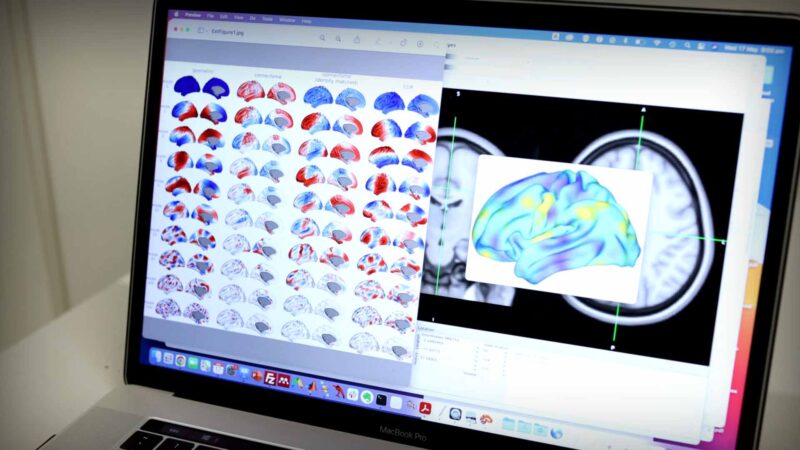Coinciding with this year’s International Nurses Day, this week’s Federal Budget has had some significant outcomes for the primary health care, nursing workforce.
The Federal Budget delivered on 9th May 2023, APNA believes will strengthen Australia’s primary health care (PHC) system by addressing growing nursing shortages, seeing more nurses hired where they are needed, and better utilising the largest workforce in PHC of nearly 100,000 nurses to their full potential to reduce the pressure on the health system.
The Federal Budget could significantly boost job prospects and career progression in primary healthcare, as well as strengthen the current PHC nursing workforce by funding:
- An 18-month national Scope of Practice review
- 6,000 additional clinical placements in primary healthcare nursing ($4.2 million over four years)
- 1,850 graduate scholarships to train more Nurse Practitioners ($50.2 million over four years)
- $1 million towards incentives to get 500 nurses back into the workforce
Australian Health Journal met with APNA President Karen Booth and CEO Ken Griffin at their Money in May 2023 event in Sydney.
Money in May is an APNA member-only initiative and is a month of education so that nurses know more about money and how to navigate the financial side of being a nurse. The campaign has three key themes: do more, save more and earn more.
Timed to coincide with the end of the financial year, APNA has focused on financial literacy. Nurses who understand the opportunities and challenges of finance and funding mechanisms and keep abreast of changes can be an even greater asset for their patients and the business they work for. For their personal lives, they make better financial decisions, earn more and retire with more super.
The outcomes are for each Primary healthcare nurse in a time to influence and pitch for what they want — be that money to fund a nurse-led clinic, a financial allocation for CPD or negotiate pay.
Relating that back to the funding announcements in the Federal Budget, there is potential to significantly boost job prospects and career progression in primary healthcare, as well as strengthen the current PHC nursing workforce.
You Might also like
-
Surgeon receives global award for kidney transplant science
Commencing a new series called Pioneers in Health Care, is an interview with Professor Jeremy Chapman AC who for over 40 years, has been involved in nephrectomy, or kidney transplantation.
Honoured “for eminent service to medicine, particularly in the areas of clinical and biomedical research, to the development of ethical policy and practices for organ donation, acquisition and transplantation, and to renal medicine organisations and publications, Jeremy Chapman AC has played significant roles in development of kidney, pancreas and unrelated Bone Marrow Transplantation in Australia. -
Strong primary care nursing solutions for a healthier Australia
The CEO of Australian Primary Health Care Nurses Association (APNA), Ken Griffin spoke with Australian Health Journal about the following:
– APNA President Karen Booth representing Primary Care Nursing in the Australian Government led Strengthening Medicare Task Force
– The current key challenges in primary care nursing
– Programs on diversity and student placement proposed in APNA’s pre-budget submission to Federal Government
– A proposed initiative called Nurse-Supported Self-Care, with broadening role primary care nursing would play in the community
– Hopes for other health priorities addressed in the Federal BudgetIn the lead up to the Australian Federal Budget in May 2023, Australian Health Journal reached out to peak health industry bodies to hear about their priorities, either noted in pre-budget submissions lodged with Federal Government in January 2023 or in recent forums such as the Strengthening Medicare Taskforce.
-
Landmark brain shape study
For over a century, researchers have thought that the patterns of brain activity that define our experiences, hopes and dreams are determined by how different brain regions communicate with each other through a complex web of trillions of cellular connections.
Now, a Monash University Turner Institute for Brain and Mental Health-led study has examined more than 10,000 different maps of human brain activity and found that the overall shape of a person’s brain exerts a far greater influence on how we think, feel and behave than its intricate neuronal connectivity.



